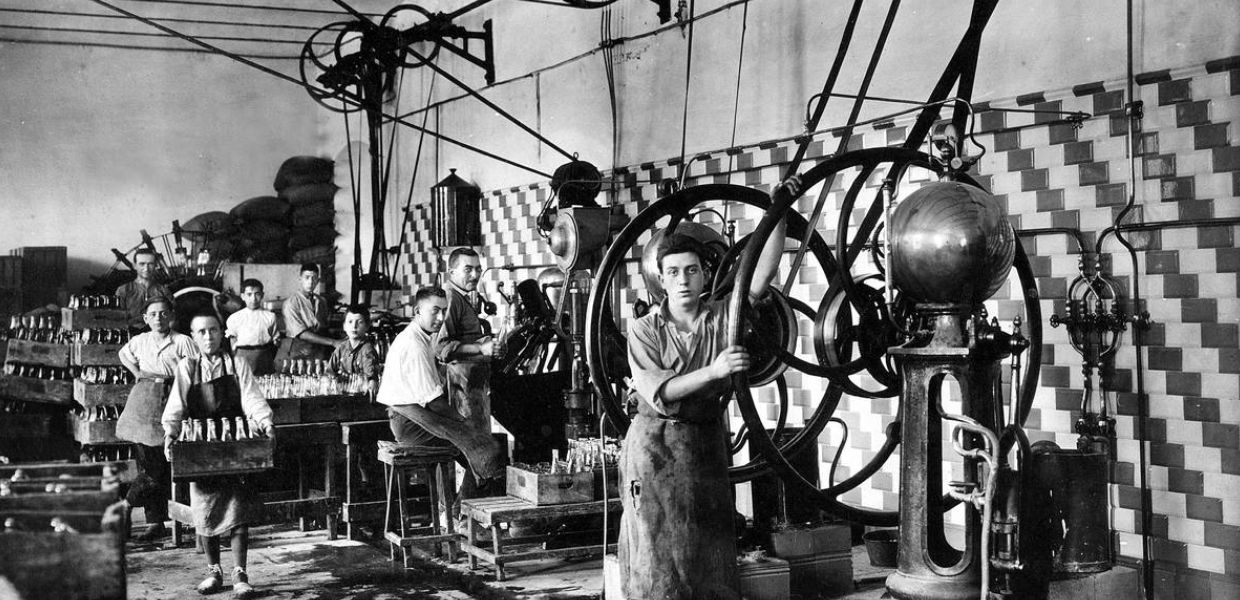And another begins
The third and final year of Europeana DSI-4 began on 1 September. Its work takes the new Europeana Strategy 2020-2025 to heart, splitting our activities into three work areas, mapped to the three priorities in the strategy.
1: Strengthening the infrastructure. This work area makes data publishing easier, continues to improve the Europeana collections website experience, and the discoverability of the digital cultural content and ensures our products are reliable and perform well.
2. Improving data quality. Measures improve the quality and interoperability of content and metadata and enriches them through crowdsourcing, artificial intelligence and machine-learning.
3. Capacity building for digital transformation. Here, we develop events and training for aggregators and cultural heritage professionals. The Europeana Network Association and Europeana Aggregators’ Forum are maintained and nurtured, and specialist communities such as research grown, with Europeana Pro remaining the focal point for communications. National infrastructures are strengthened through engagement with Member States and a growing evidence bank of digital transformation activities.
An additional work package takes care of the administration and programme management elements associated with running DSI-4.
The plan for the coming year covers work done by the Europeana Foundation, its consortium of 21 partners, plus the Europeana Network Association and Europeana Aggregators’ Forum.
Julia Schellenberg, Europeana Foundation’s Programme Coordinator says, ‘The Europeana team look forward to the progress planned for the upcoming year and would like to express our sincere gratitude to all members of the consortium and all network members who donate their time and expertise voluntarily to make the Europeana Initiative a success.’
If you'd like to get involved with our upcoming activities, please join the Europeana Network Association.


